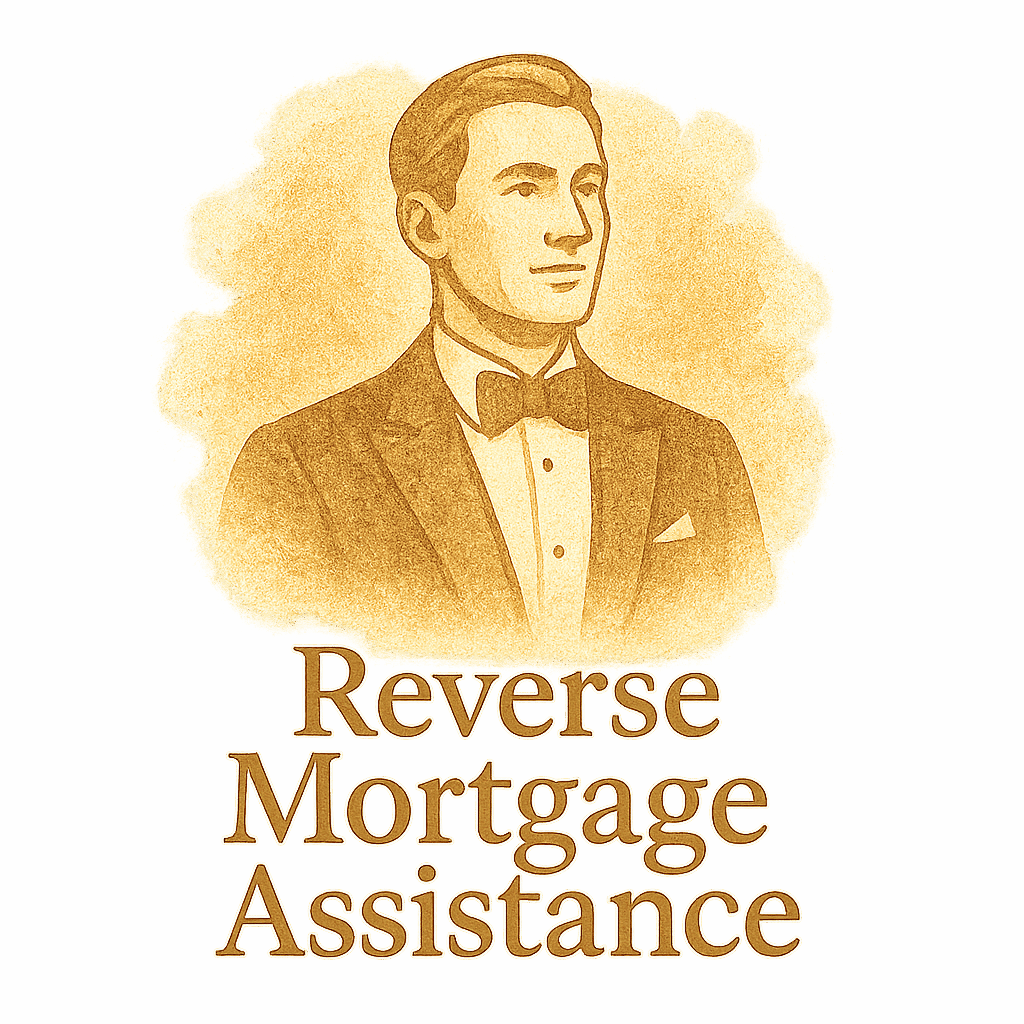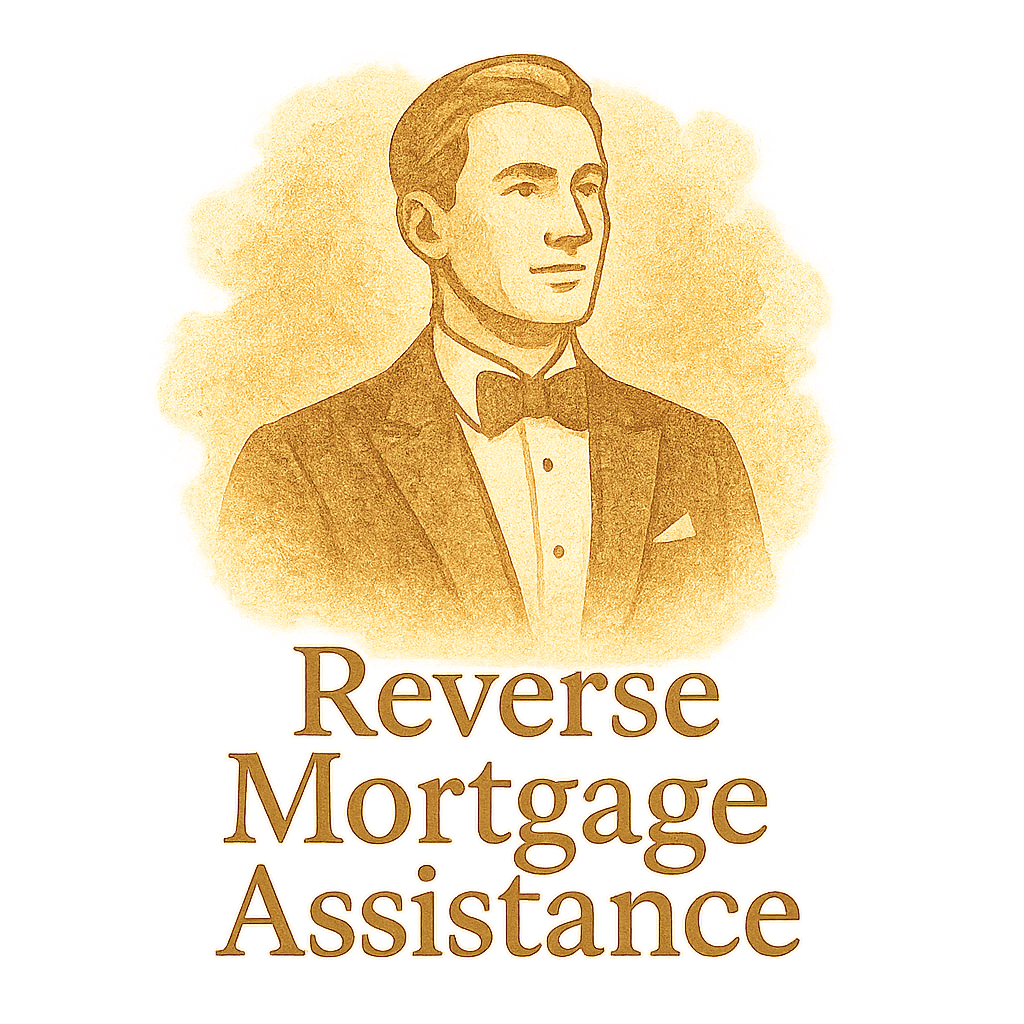Retirement isn’t just about stopping work—it’s about living comfortably, stress-free, and maintaining financial independence. For many homeowners, a reverse mortgage might just be the golden key that unlocks a better retirement. But how do you know if it’s right for you?
Let’s dive into the 10 signs that show a reverse mortgage could genuinely improve your retirement, and provide essential resources to help you make a well-informed decision.
What Is a Reverse Mortgage?
A reverse mortgage allows homeowners aged 62 or older to convert part of their home equity into cash—without having to sell the house or make monthly mortgage payments.
How It Works
Unlike a traditional mortgage where you pay the lender, in a reverse mortgage, the lender pays you. You’ll still be responsible for property taxes, insurance, and home maintenance, but the loan gets repaid when the home is sold or you no longer live there.
Check out the Reverse Mortgage Basics to get a foundational understanding.
Types of Reverse Mortgages
- Home Equity Conversion Mortgage (HECM) – Federally insured and the most common
- Proprietary reverse mortgages – Private loans for high-value homes
- Single-purpose reverse mortgages – Usually offered by nonprofits or local governments
Why Consider a Reverse Mortgage in Retirement?
Retirement can throw curveballs—rising healthcare costs, inflation, and longevity risks. A reverse mortgage might offer a safety net that grows along with your needs.
Sign #1: You Have Substantial Home Equity
If your home is mostly or fully paid off, you’re sitting on a financial asset that can work for you.
Leveraging Built-Up Equity
Tapping into your home’s equity can help cover expenses, fund travel, or renovate your home for aging-in-place needs.
👉 Learn more about managing your equity in our Equity Tag Archive.
Sign #2: You Want to Eliminate Monthly Mortgage Payments
Still making mortgage payments in retirement? A reverse mortgage can replace your existing mortgage, freeing up hundreds (or thousands) per month for other needs.
Explore more in our Loan Comparison Guide and Loan Comparison Tag.
Sign #3: You Need to Supplement Your Retirement Income
Many retirees find that Social Security and pensions aren’t enough. A reverse mortgage provides a new income stream—monthly, lump sum, or line of credit.
Explore Retirement Tags for income-boosting ideas.

Sign #4: You Plan to Stay in Your Home Long-Term
Reverse mortgages are designed for homeowners who plan to live in their homes for many years. You retain full ownership while using your home to support your lifestyle.
Aging in Place With Peace of Mind
This option works great for people who’ve found their “forever home” and want to stay independent longer.
Sign #5: You’re Struggling With Healthcare Costs
Medical expenses can wipe out retirement savings. A reverse mortgage can help pay for:
- In-home care
- Medications
- Medical equipment
- Insurance premiums
Visit the Outcomes Tag to explore how others have managed healthcare expenses with reverse mortgages.
Sign #6: You’re Looking to Delay Social Security Benefits
Delaying Social Security increases your monthly payout. A reverse mortgage can bridge the income gap, giving your benefits time to grow.
Want more strategy? Head to Mortgage Planning.
Sign #7: You’re Interested in Financial Flexibility
With a reverse mortgage line of credit, you only draw funds when needed—offering flexibility and peace of mind during market dips or emergencies.
Looking for real-world stories? Check out our Mortgage Case Studies Tag.
Sign #8: You Have No Heirs or Don’t Mind Leaving Less
If you don’t have dependents or are less concerned about leaving an inheritance, a reverse mortgage can help you enjoy your assets now.
You’ve earned it—why not live a little?
Sign #9: You Want a Backup Plan for Market Volatility
Markets go up and down. Having a reverse mortgage can act like a financial parachute when retirement accounts take a hit.
Sign #10: You’re Exploring All Retirement Planning Options
Smart retirement planning means exploring every tool in the toolbox—including reverse mortgages.
Getting Professional Advice
Before diving in, consult a HUD-approved reverse mortgage counselor. Transparency is key.
Visit the Preparation Tag for helpful checklists.
Important Legal & Regulatory Considerations
Understanding the legal framework ensures you know your rights and obligations.
👉 Visit our Legal & Regulatory Page and the Legal Terms Tag for detailed insights.
Avoiding Common Myths
There’s a lot of misinformation out there. Do your research and rely on verified resources.
Check out: Mortgage Myths & Truths
Comparing Loan Options
It’s crucial to understand how a reverse mortgage stacks up against traditional loans.
Traditional vs Reverse Mortgage
- Traditional: Requires monthly payments, builds equity slowly
- Reverse: No monthly payments, uses existing equity
Explore the Contracts Tag for more about loan agreements.
Final Thoughts: Is a Reverse Mortgage Right for You?
A reverse mortgage isn’t a one-size-fits-all solution, but for the right homeowner, it can be a game changer. If you checked off multiple signs above, it might be time to seriously consider this option.
For further guidance, explore the Reverse Mortgage Tag or visit our homepage: Reverse Mortgage Assistance
FAQs
1. Is a reverse mortgage taxable income?
Nope! The funds you receive aren’t considered taxable income because it’s a loan, not earnings.
2. Can I lose my home with a reverse mortgage?
As long as you meet loan obligations (like paying taxes and insurance), you won’t lose your home.
3. What happens if I move out?
The loan becomes due when you move out for more than 12 months or sell the home.
4. Will my heirs inherit debt?
Your heirs can repay the loan or sell the home. Reverse mortgages are non-recourse loans, so they won’t owe more than the home’s value.
5. Can I use the money for anything?
Yes—you can use reverse mortgage funds however you see fit: medical bills, home upgrades, or even a dream vacation.
6. What’s the difference between a HECM and proprietary reverse mortgage?
HECMs are federally insured and more regulated. Proprietary reverse mortgages are private and offer higher limits.
7. Is counseling required?
Yes. HUD-approved counseling is mandatory to ensure you understand the loan.


